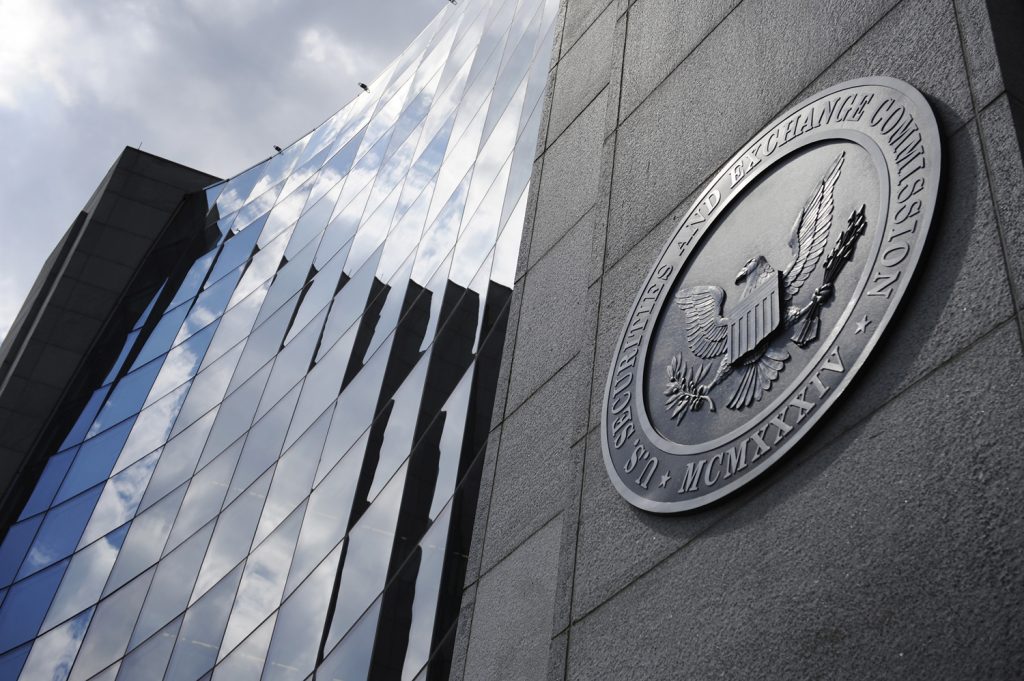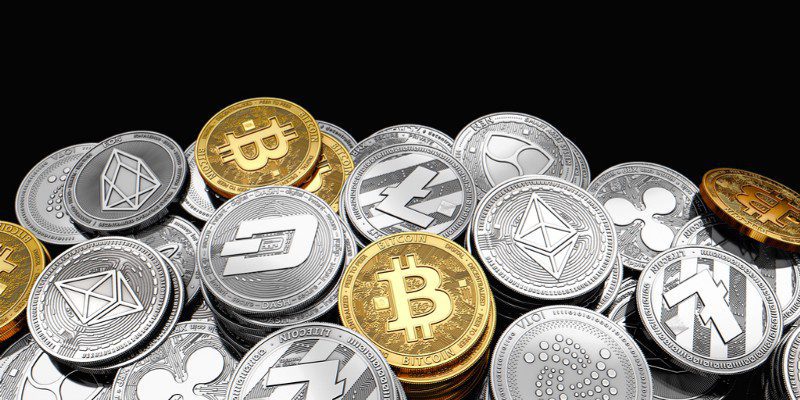New SEC Framework Signals the SEC is Open to Recognizing that Tokens Are Not Securities, But Does Little to Advance Clarity

On Wednesday, April 3, the U.S. Securities and Exchange Commission (SEC) released staff guidance entitled, “Framework for ‘Investment Contract’ Analysis of Digital Assets,” to discuss its application of the Howey Test to digital assets. Specifically, the guidance describes the various considerations for determining when a digital asset may constitute an “investment contract” under federal securities laws based on the actions of promoters, sponsors, or other third parties. The SEC also issued a No-Action Letter regarding TurnKey Jet, Inc.’s (“TurnKey Jet” or “TKJ”) plans to develop a program to use digital tokens to facilitate transactions.
The SEC staff stated that it will not recommend an enforcement action against the interstate air charter services company’s program as described because:
- funds from digital token sales will not be used to develop its blockchain platform, network, or app;
- tokens will be immediately useable upon purchase;
- the tokens will only be tradeable in the TKJ wallet and not wallets external to the platform;
- the price of tokens will be maintained at $1 USD and can only be resold to TurnKey Jet at a discount to their face value; and
- the marketing promotion focuses on the functionality of the token over its potential increase in market value.
Both of these developments are pivotal efforts that will help define how various types of tokens will be treated by U.S. regulators. Said another way, depending on how they are defined, the SEC could assert sweeping jurisdiction (read: enforcement) over the token industry. If within the SEC’s scope, tokens and token sponsors must comply with SEC registration and reporting requirements or qualify for an exemption.

The Chamber of Digital Commerce shares their point of view on this development:
As explained below, our overall view of these developments is that they represent a cautious, albeit imperfect, first step. Importantly, a few kernels of evolution should be noted:
- First, the fact that the SEC (staff) has issued a document acknowledging in more detail that tokens may not be securities and provides in depth criteria for determining when that may be the case, comes a long way from Chair Clayton’s statements made in February 2018 during a U.S. Senate hearing that every ICO he’s seen is a security, as well as conversations we have had with the SEC last year.
- Moreover, the Framework acknowledges in writing (rather than verbally in a speech) that tokens may be a security at one point in time, and then no longer maintain those characteristics of a security as the platform evolves, a policy position that William Hinman, Director of the SEC’s Division of Corporation Finance, notably enunciated regarding ether in remarks at an industry conference on June 14, 2018.
- Finally, the Framework also recognizes that virtual currencies may be viewed differently, albeit as a factor in the overall equation. That said, bitcoin and ether should be considered outside the scope of the securities laws given the SEC’s requirements that a currency be immediately used to make payments in a wide variety of contexts or act as a substitute for real currency, may be used to pay for goods or services without first having to convert it, and operate as a store of value that can be saved, retrieved, and exchanged for something of value at a later time.
- Unfortunately, the good news stops there. By developing a list of over 60 criteria for analysis, the SEC staff has ensured that every token platform will trigger at least one of those criteria, if not more, thus expanding any analysis significantly.
- In addition, with little explanation of which factors carry more weight and which carry less, or how those are measured, participants in token systems (and legal counsel for those participants) have an even more challenging task of determining when the relevant token reasonably may be considered a security. Thus, while the insight into the various factors that may cause a token to be viewed as a security is interesting, the sheer number of those factors without meaningful guidance as to how those will be weighted and assessed, potentially creates more ambiguity, rather than less.
- Another area of concern relates to secondary market considerations. The Framework states that if “a digital asset is transferable or traded on or through a secondary market or platform, or is expected to be in the future,” then it is more likely that there is a “reasonable expectation of profit.” This analysis is concerning. Policymakers must recognize that as the token economy evolves and all manner of assets can be tokenized, the ability to trade those assets will also increase in ways we have not previously seen. A decentralized system requires a token that is able to be traded freely on secondary markets. Treating tokens as securities would scuttle this ability. Thus, the Framework seems rooted in traditional notions of securities platform trading without acknowledging this evolving reality.
- After that assessment, it’s surprising to find that the TurnKey Jet No-Action Letter detracts even further from meaningful guidance. One can convincingly argue that the TurnKey token would not be considered a security under any circumstances. That said, the conditions cited for coming to the conclusion that the SEC staff will not recommend an enforcement action regarding TurnKey are not just restrictive, but go even further than the criteria in the Framework would indicate. The requirements that tokens may be “traded” only on the platform, and if redeemed, must do so at a discount, are overly constricting.
- Finally, because the Framework represents the views of SEC’s FinHub staff, it is not binding on the Commission. Further, by its own terms it restates information drawn from enforcement actions, speeches, the DAO Report, and other previously made statements, thus leaving the industry searching for meaningful clarity.
All in all, we have a lot of work to do as a community to continue to demonstrate the fundamental differences among the various types and functions of tokens. Many businesses and consumers are still wary of conducting business or transactions using blockchain because of the lack of a predictable legal environment governing activities involving the technology.
In the current blockchain ecosystem, the development of digital tokens that can represent numerous things, from a currency, to a commodity, a security, title to property, identity, provenance, and many others, has created the need to interpret existing laws that may no longer adequately govern the new features of this technology. As we continue to develop these technologies worldwide, we have seen that government policies have a profound effect on the development of blockchain in that location.
Many countries are capitalizing on this opportunity and promoting policies that encourage adoption, while others are not as supportive. It is imperative that governments recognize publicly the benefits of this technology in order to engage businesses (and government) to enable innovation.
HedgeThink.com is the fund industry’s leading news, research and analysis source for individual and institutional accredited investors and professionals































